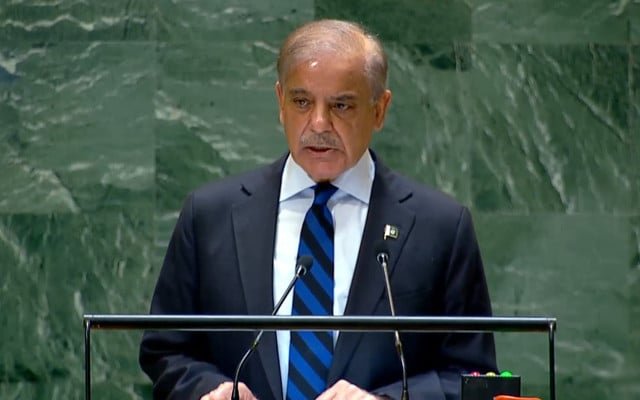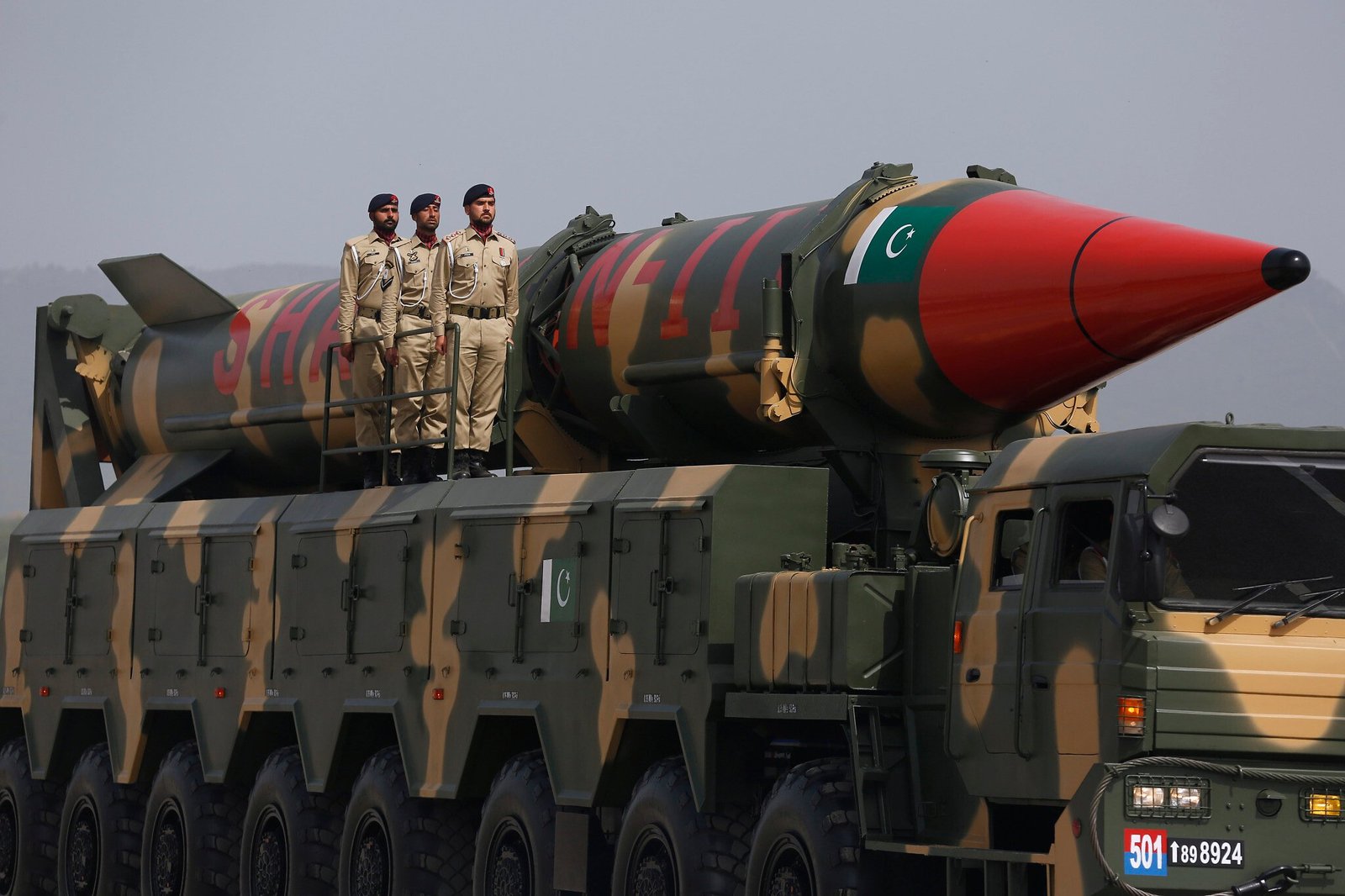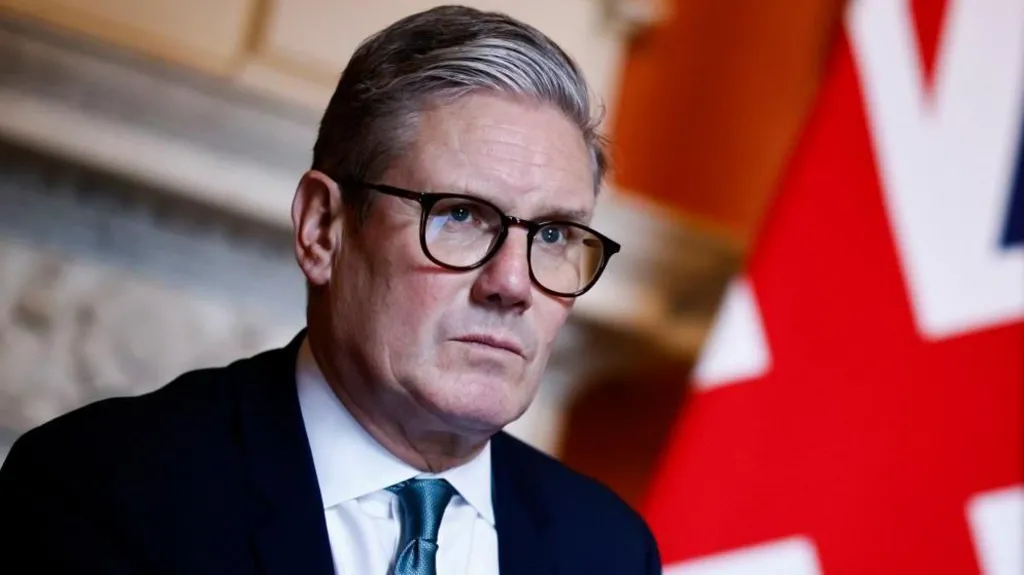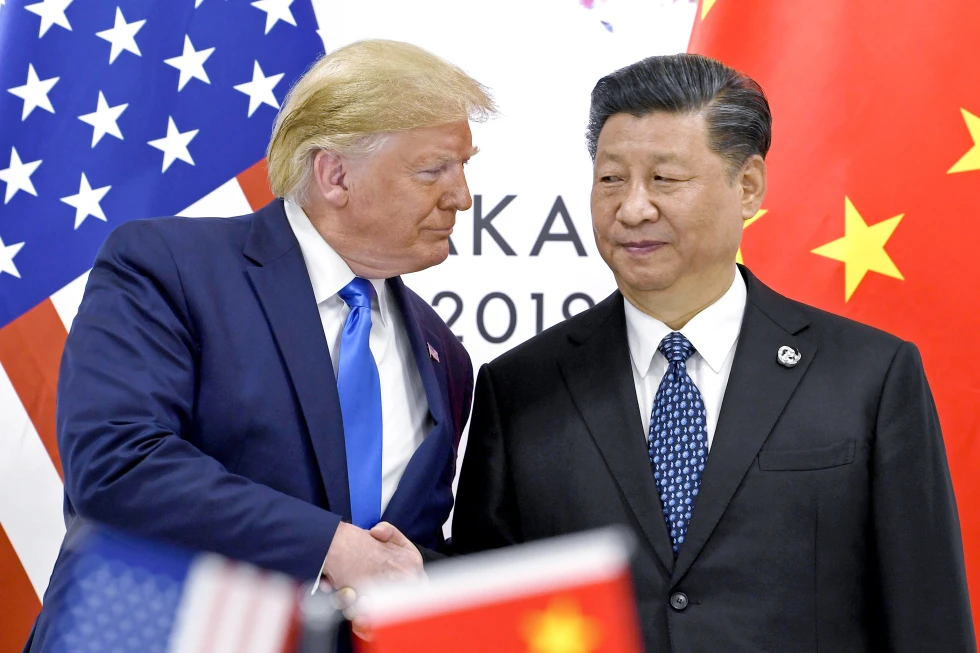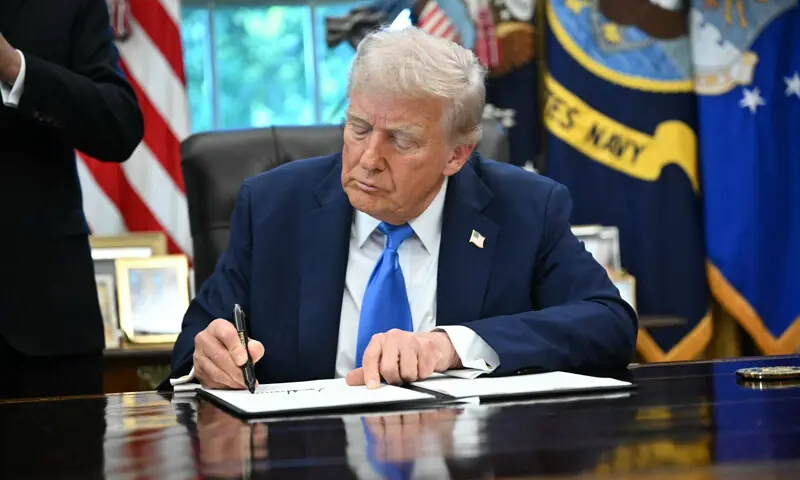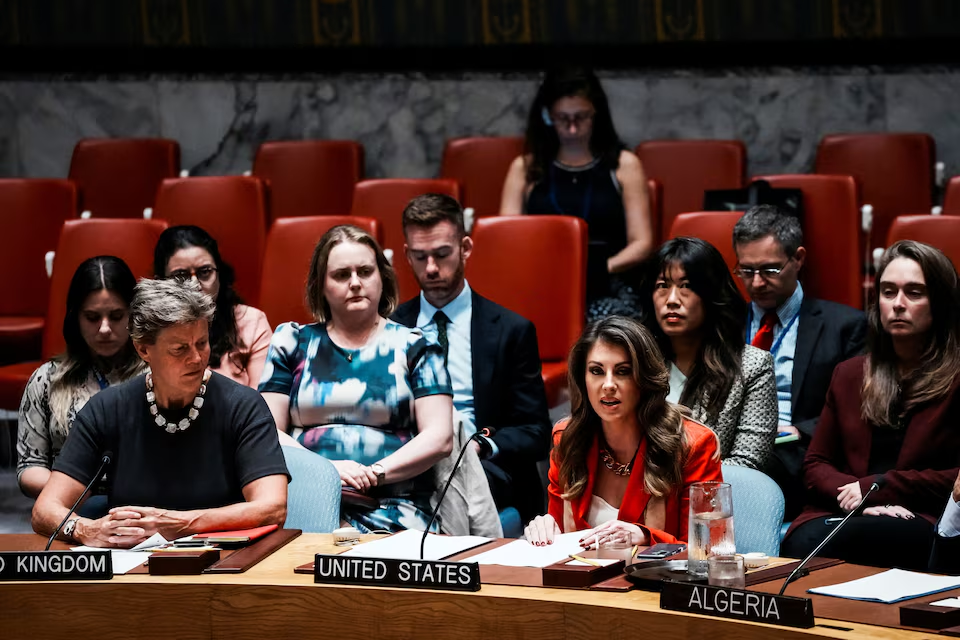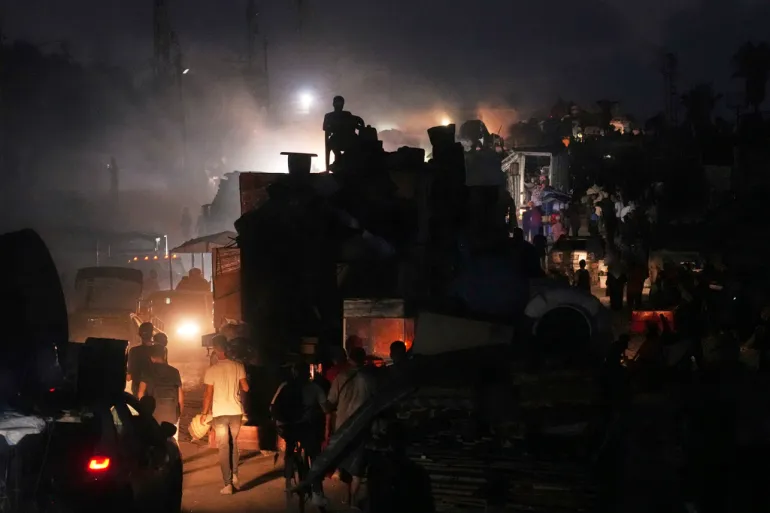ISLAMABAD, May 24, 2025 — The International Monetary Fund (IMF) has concluded its latest staff-level mission to Pakistan, led by Nathan Porter, after a week-long visit that began on May 19. The discussions were focused on evaluating Pakistan’s economic performance, implementation of the current IMF-supported programs, and shaping the fiscal roadmap for the upcoming FY2026 budget, expected to be unveiled on June 10, 2025.
In a statement following the visit, Porter described the talks as “constructive” and reiterated the Fund’s ongoing support for Pakistan under the 2024 Extended Fund Facility (EFF) and the 2025 Resilience and Sustainability Facility (RSF) frameworks.
“We held constructive discussions with the authorities on their FY2026 budget proposals and broader economic policy, and reform agenda,” said Porter.
The Pakistani government reportedly reaffirmed its commitment to fiscal discipline and economic reforms while pledging to protect critical social and development spending. According to the IMF, Islamabad is targeting a primary fiscal surplus of 1.6% of GDP for the next financial year.
Budget Strategy and Revenue Reforms Take Center Stage
Central to the discussions was the FY2026 budget strategy, particularly reforms to expand the tax base, improve tax compliance, and prioritize public spending. While final agreements on the budget are still pending, the IMF confirmed that discussions would continue over the coming days.
These reforms are seen as essential not just for balancing the books but for sustaining the country’s recovery and enhancing its long-term growth prospects.
“Any deviation from the agreed EFF conditions could impact upcoming program reviews,” IMF officials cautioned, highlighting the importance of staying the course.
Energy Reforms and Structural Overhauls
The IMF team also examined Pakistan’s energy sector reforms, focusing on efforts to reduce inefficiencies and improve the financial health of the sector. The power sector, which has long been plagued by circular debt and high tariffs, is being seen as a critical bottleneck to sustainable economic development.
Beyond energy, the mission also reviewed structural reforms designed to create a fairer, more competitive business environment in Pakistan. These reforms aim to attract investment, create jobs, and address long-standing imbalances in the economy.
Monetary Policy and Inflation Control Remain Top Priorities
Pakistan’s macroeconomic stability remains fragile, with inflation still hovering above acceptable levels. In response, the State Bank of Pakistan (SBP) has committed to maintaining a tight, data-driven monetary policy aimed at bringing inflation back within the target range of 5–7% over the medium term.
The IMF emphasized that strong and timely monetary actions are essential to anchor inflation expectations and restore public confidence in the central bank’s ability to manage the economy.
Focus on Foreign Exchange Reserves and Currency Flexibility
Another key area of concern is Pakistan’s foreign exchange reserves, which remain under pressure despite recent improvements. The IMF stressed the importance of rebuilding FX reserves and ensuring a fully functional, market-driven exchange rate system. Greater exchange rate flexibility is seen as crucial for improving resilience to external shocks and attracting foreign investment.
The IMF’s endorsement of Pakistan’s current approach to the FX market indicates satisfaction with the reforms implemented so far, but it also underscores the need for vigilance in the face of global economic volatility.
Pakistan on Track — But Challenges Remain
Encouragingly, the IMF confirmed that Pakistan has met all current program targets, clearing the way for the next tranche of funding. The Fund also confirmed that there is broad consensus within the IMF Executive Board for continued disbursements — a significant vote of confidence in Pakistan’s economic management.
However, this support comes with a clear message: stay committed to reforms. Any policy reversals or delays in implementation could undermine hard-won progress and jeopardize future funding.
“The IMF team thanks the federal and provincial authorities for their hospitality, constructive discussions, and strong collaboration and commitment to sound policies,” the statement concluded.
The Fund also confirmed that it will maintain close engagement with Pakistani authorities and will return for the next formal review mission in the second half of 2025.
What Comes Next?
As Pakistan prepares to unveil its FY2026 budget on June 10, all eyes will be on whether the government can deliver a fiscal plan that aligns with IMF expectations while also addressing pressing domestic needs such as poverty reduction, job creation, and development spending.
With general elections expected within the next year, the political stakes are high. Striking a balance between economic prudence and public appeasement will be a key challenge for the Shehbaz Sharif-led administration.
The IMF visit, while routine in its structure, has significant implications for Pakistan’s economic future. Success in this budget cycle — backed by credible reforms — could not only unlock additional IMF funds but also pave the way for broader international confidence in Pakistan’s economic revival.
As the country walks a tightrope between austerity and development, the choices made over the coming weeks will likely shape the trajectory of Pakistan’s economy for years to come.





